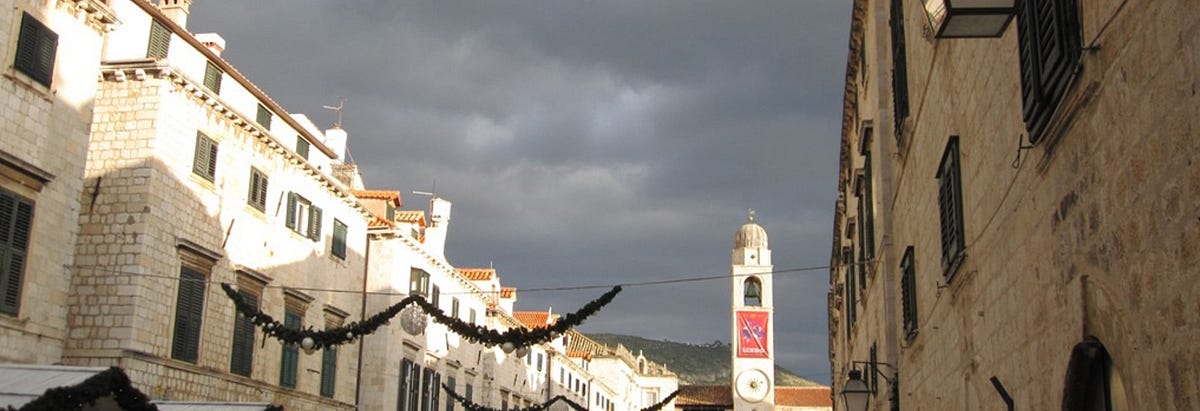
I published “Thermal Baking vs. Convection Baking” on @Medium https://ift.tt/34jRS2X
Longtime Chicago Public Schools Employee



 |
| Suzana Ustabecir went on to achieve her master’s of education in administration and supervision at National Louis University. Suzana Ustabecir of Chicago is an experienced traveler |